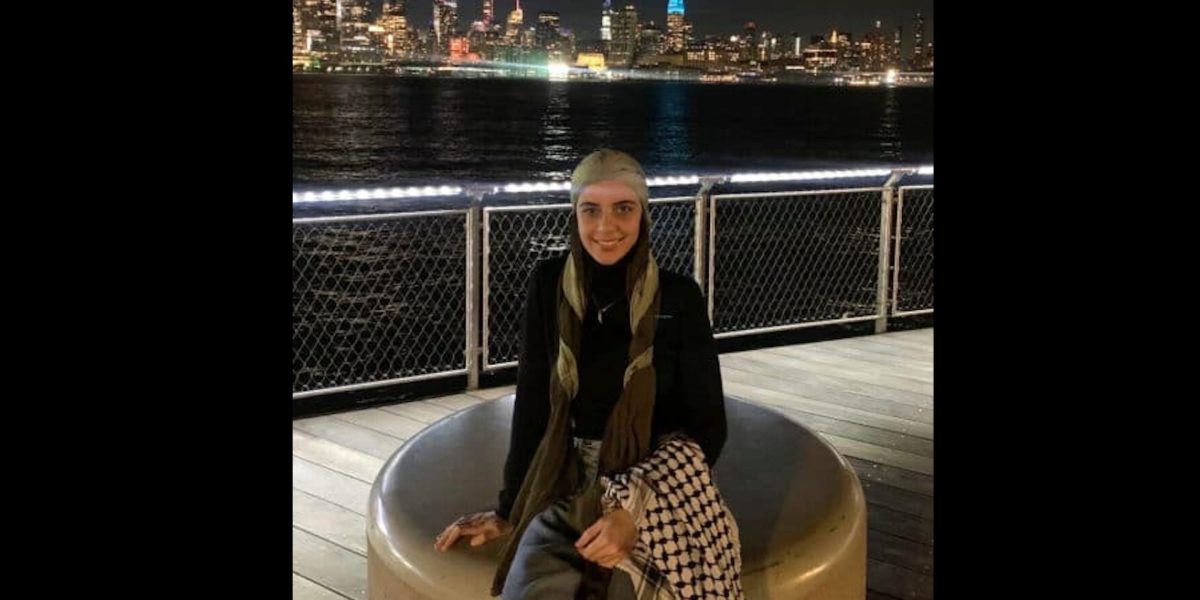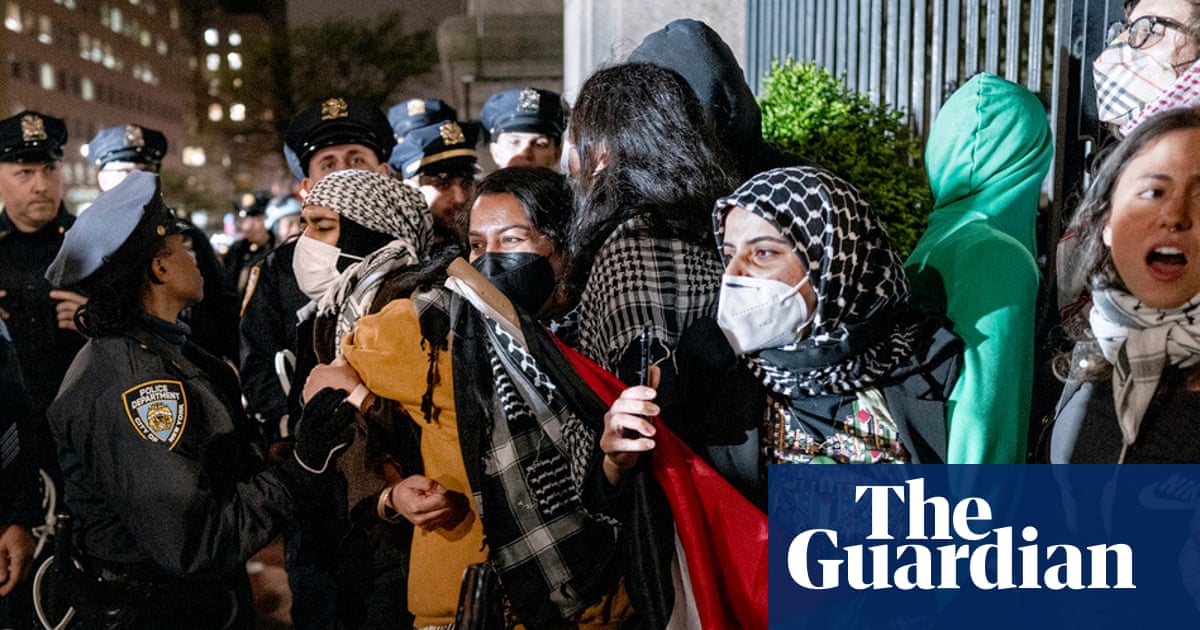Leqaa Kordia: The Last Detained Protester from Trump's Campus Crackdown
Leqaa Kordia, a Palestinian activist, remains the only protester detained since March 2023, highlighting the impact of U.S. immigration policies on activists.
Overview
- Leqaa Kordia, a 32-year-old Palestinian protester, has been detained in Texas since March 2023, following a crackdown on campus protests by Trump.
- Kordia protested against Israeli actions in Gaza, where over 170 of her relatives have been killed, showcasing her deep personal connection to the issue.
- She was arrested after meeting with Immigration and Customs Enforcement officials, becoming the only protester still in custody from the crackdown.
- An immigration judge found substantial evidence supporting Kordia's claims about financial support to her family, which the government had questioned.
- Kordia's case highlights the broader implications of U.S. immigration policies on activists, particularly those protesting against international conflicts.
Report issue

Read both sides in 5 minutes each day
Analysis
Center-leaning sources frame this story by emphasizing the personal plight of Leqaa Kordia, portraying her as a victim of an unjust and unusually harsh government crackdown on pro-Palestinian protesters. They highlight her deep personal ties to Gaza and the perceived lack of evidence for her prolonged detention, creating a narrative of government overreach and individual suffering.
Articles (3)
Center (2)
FAQ
Leqaa Kordia is a 32-year-old Palestinian activist detained in Texas since March 2023 following a crackdown on campus protests. She protested against Israeli military actions in Gaza, which deeply affected her personally as over 170 of her relatives were killed. Her detention is part of a policy targeting protesters supporting Palestinians under the Trump administration.
Leqaa Kordia has filed a federal lawsuit demanding her immediate release from detention. She also filed a habeas corpus petition and motion for injunctive relief challenging the Trump administration’s immigration detention policies as unconstitutional retaliation against protected speech. Her case argues that her arrest was politically motivated and violates her rights.
Leqaa Kordia has endured harsh detention conditions including overcrowded cells, sleeping on concrete floors, denial of halal food and religious accommodations such as hijab and fasting during Ramadan, lack of respect for modesty, and solitary confinement for months.
Her case exemplifies the administration's policy of targeting, surveilling, arresting, and detaining noncitizen activists who express support for Palestinians, especially those involved in campus protests. This approach has been criticized as unconstitutional retaliation against protected speech and suppression of activism.
Newly uncovered evidence from the AAUP v. Rubio case shows a policy targeting noncitizens supporting Palestinians, including those involved in protests regardless of immigration status. An immigration judge also found substantial evidence supporting Kordia's financial support claims for her family, contradicting governmental allegations questioning her motives and finances.
History
- This story does not have any previous versions.



